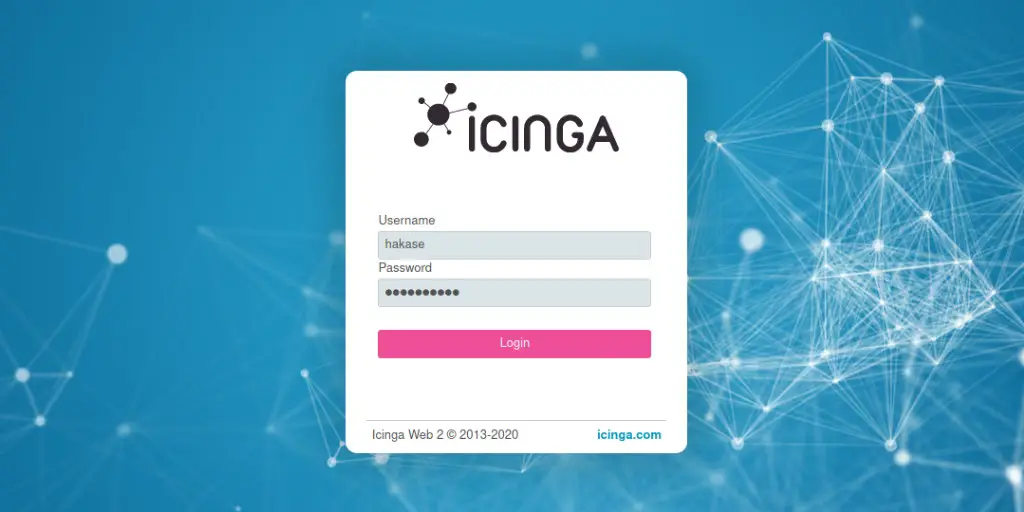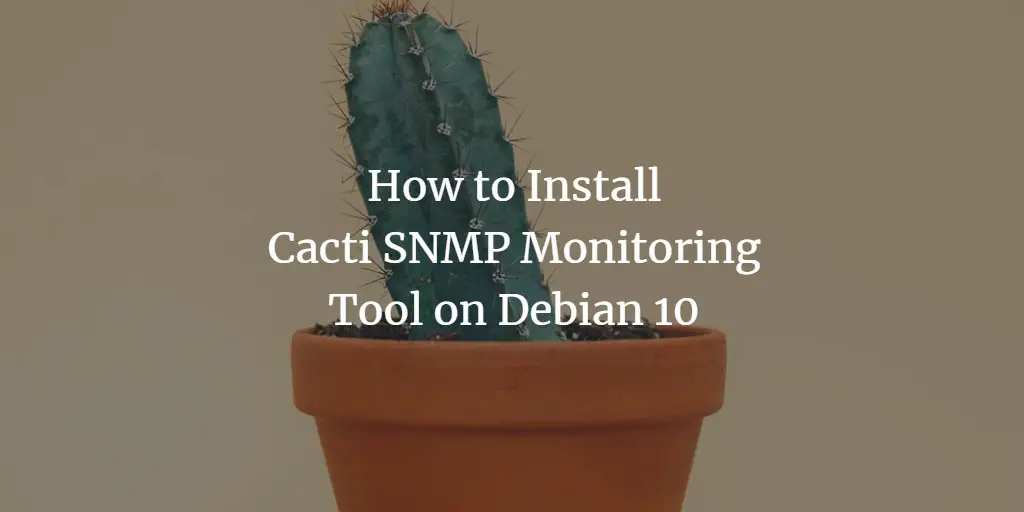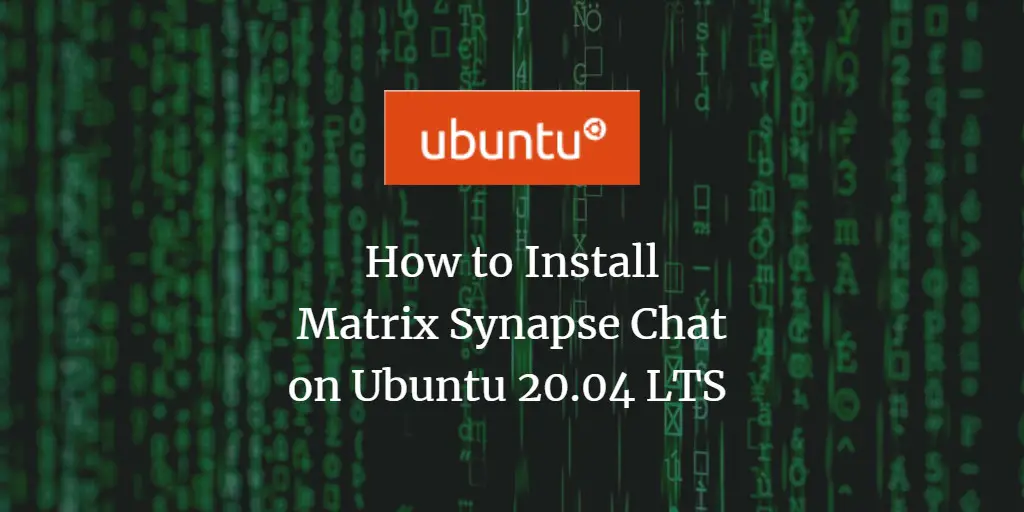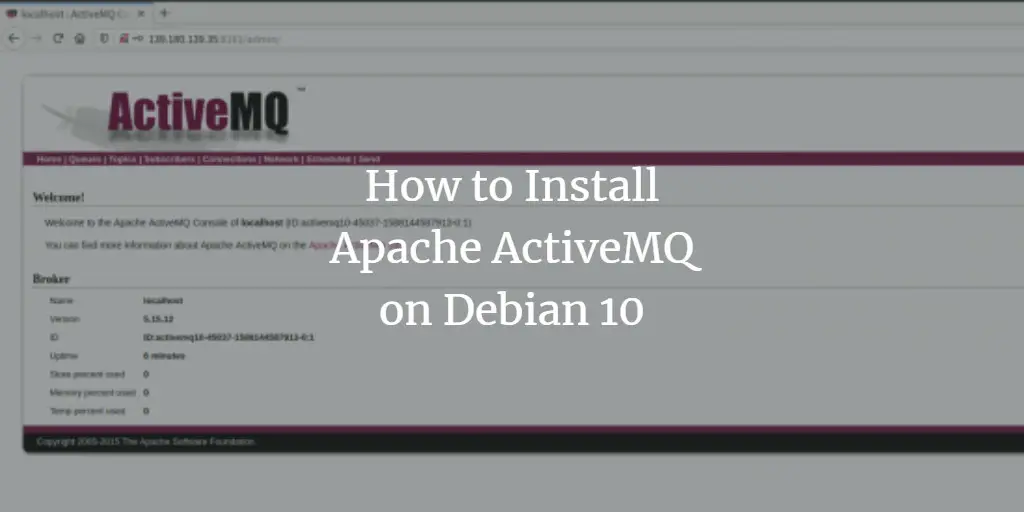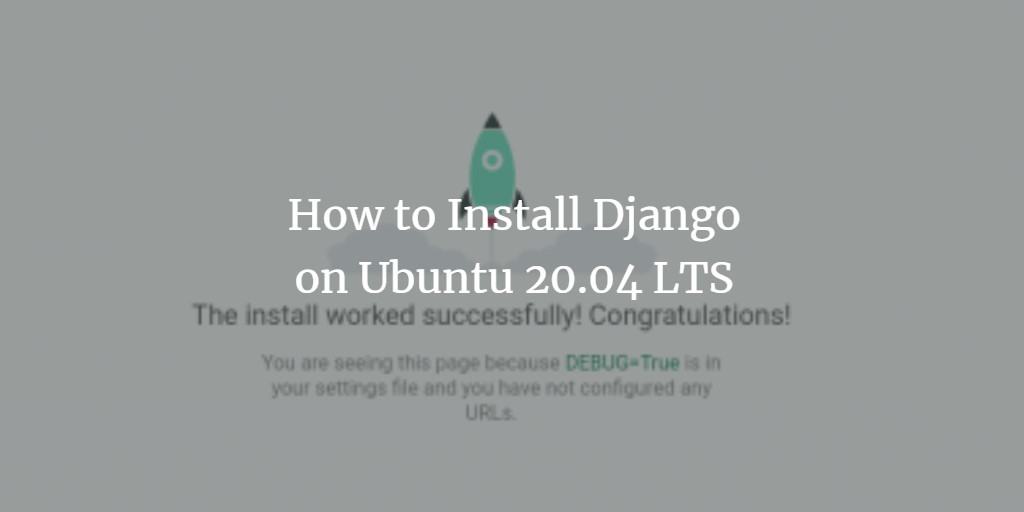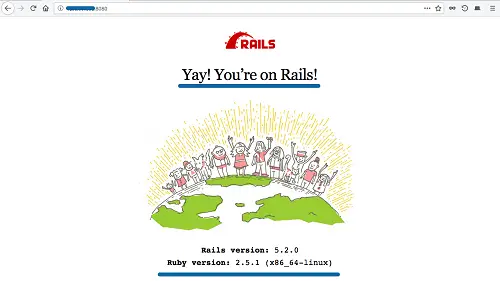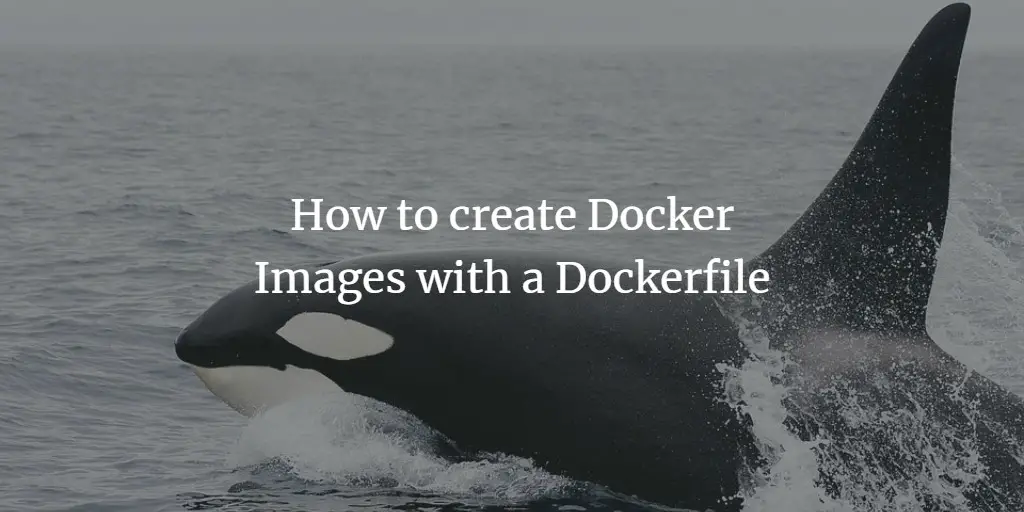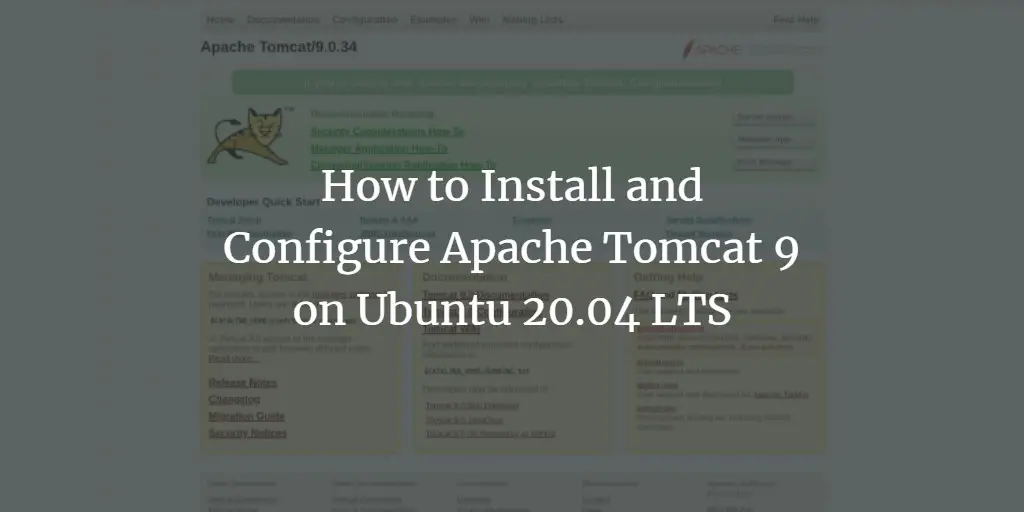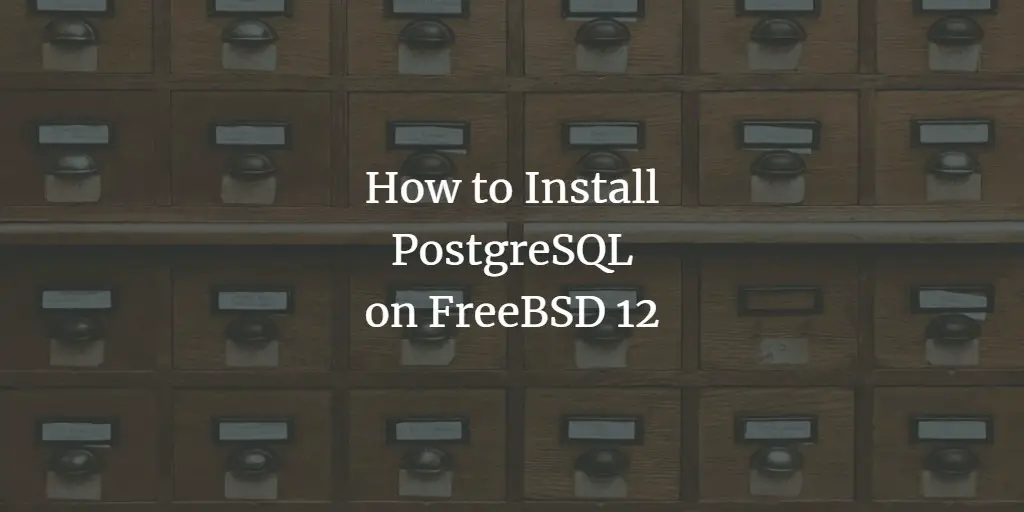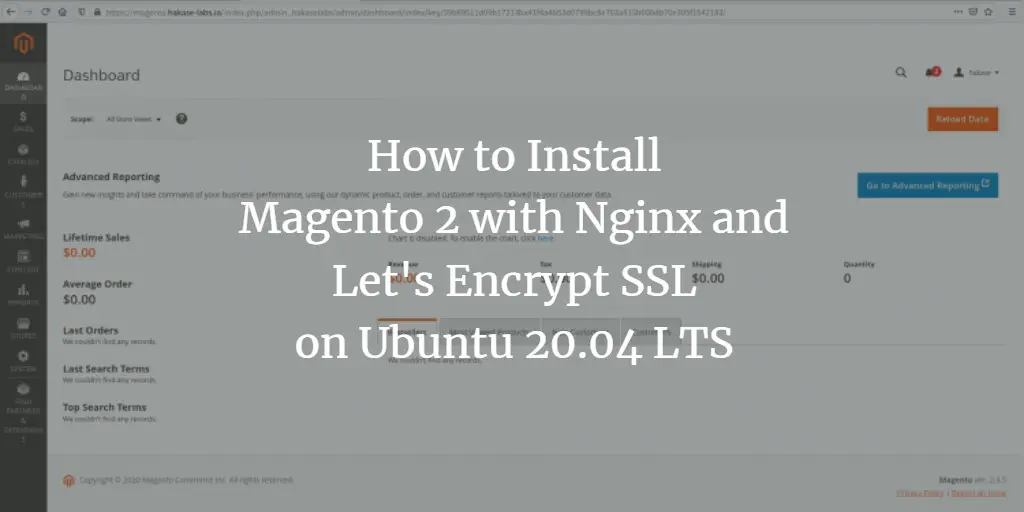Articles by Muhammad Arul
-
How to Install Icinga 2 Monitoring Software on Ubuntu 20.04 LTS
Author: Muhammad Arul • Tags: linux, ubuntu • Comments: 9Icinga 2 is a free and open source monitoring tool that can be used to monitor multiple servers or whole data centers from a single monitor system. In this tutorial, I show you how to install and configure the Icinga 2 monitoring tool using an Ubuntu 20.04 LTS server.
-
How to Install Cacti SNMP Monitoring Tool on Debian 10
Author: Muhammad Arul • Tags: debian, linux, monitoring, networking • Comments: 2Cacti is a free and open-source, web-based network monitoring, and graphics tool. In this tutorial, we will show you how to install Cacti on Debian Buster 10. We will install Cacti under the LAMP stack, the Apache web server, PHP 7.3, and the MariaDB server on the current Debian Buster 10.
-
How to Install Matrix Synapse Chat on Ubuntu 20.04 LTS
Author: Muhammad Arul • Tags: linux, nginx, security, server, ubuntu • Comments: 5In this tutorial, we will show you step-by-step how to install and configure Matrix Synapse on Ubuntu 20.04 LTS. Matrix is a new ecosystem for decentralized communication in real time for open federated instant messaging and VoIP services.
-
-
How to Install Apache ActiveMQ on Debian 10
Author: Muhammad Arul • Tags: debian, linux, server • Comments: 1Apache ActiveMQ is an open source message broker written in Java developed by Apache. It's one of the most popular message brokers. In this tutorial, we will show you how to install the Apache ActiveMQ on the latest Debian 10 (Buster).
-
How to Install Django on Ubuntu 20.04 LTS
Author: Muhammad Arul • Tags: linux, programming, ubuntu, web server • Comments: 14Django is a web application framework written in python that follows the MVC (Model-View-Controller) architecture, it is available for free and released under an open-source license. In this tutorial, we will install Django 3.0 stable version on an Ubuntu 20.04 LTS server.
-
How to Install Ruby on Rails on Ubuntu 20.04 LTS
Author: Muhammad Arul • Tags: linux, programming, ubuntu, web server • Comments: 11In this tutorial, I will show you how to install Ruby on Rails on Ubuntu 20.04 LTS. We will show you how to install and configure Rails with a PostgreSQL database, and how to create the first project with Rails.
-
How to create Docker Images with a Dockerfile on Ubuntu 18.04 LTS
Author: Muhammad Arul • Tags: linux, server, ubuntu, virtualization, web server • Comments: 0In this tutorial, I will show you how to create your own docker image with a dockerfile. A Dockerfile is a script that contains collections of commands and instructions that will be automatically executed in sequence in the docker environment for building a new docker images. As example, we will create a Nginx Web server with PHP-FPM.
-
How to Install and Configure Apache Tomcat 9 on Ubuntu 20.04 LTS
Author: Muhammad Arul • Tags: linux, server, ubuntu • Comments: 2Apache Tomcat is an open-source Java Servlet implementation developed by the Apache Software Foundation. In this tutorial, we will show you how to install and configure the Apache Tomcat 9.0.34 on Ubuntu 20.04 LTS (Focal Fosset). We will also learn how to install Java OpenJDK 11 on Ubuntu 20.04, configure a user for Apache Tomcat, and run Apache Tomcat as a systemd service.
-
How to Install PostgreSQL on FreeBSD 12
Author: Muhammad Arul • Tags: freebsd, server • Comments: 3In this tutorial, we will show you how to install and configure a PostgreSQL database server on FreeBSD. We will install the latest version of PostgreSQL 11 on the FreeBSD 12.0 system.
-
How to Install Magento 2 with Nginx and Let's Encrypt SSL on Ubuntu 20.04 LTS
Author: Muhammad Arul • Tags: linux, ubuntu, web server • Comments: 6Magento is a widely-used open source e-commerce software and content management system for e-commerce websites based on the PHP Zend Framework. It uses MySQL or MariaDB as the database backend. I will use Ubuntu 20.04 as the server operating system.

